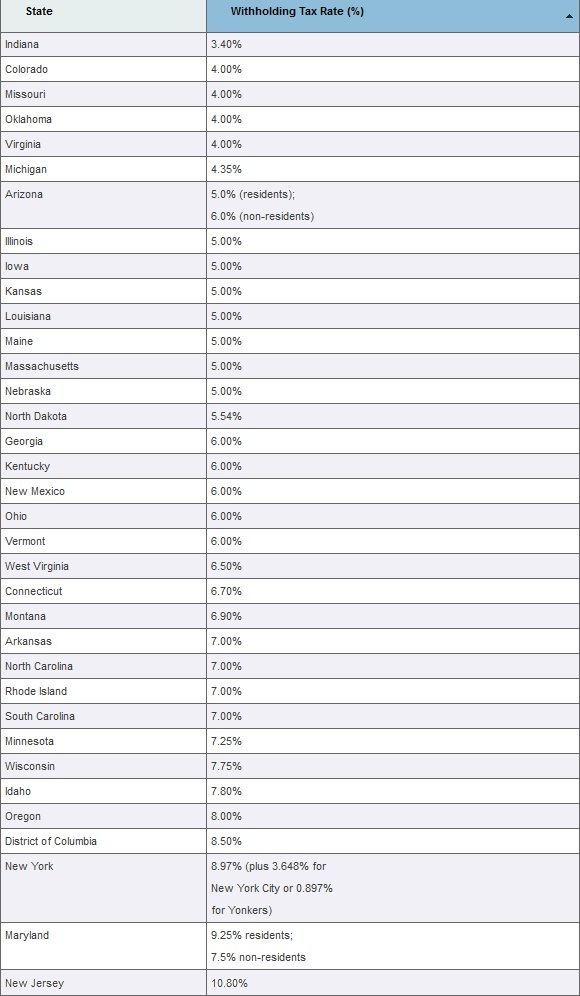- Revenue Cycle Management
- COVID-19
- Reimbursement
- Diabetes Awareness Month
- Risk Management
- Patient Retention
- Staffing
- Medical Economics® 100th Anniversary
- Coding and documentation
- Business of Endocrinology
- Telehealth
- Physicians Financial News
- Cybersecurity
- Cardiovascular Clinical Consult
- Locum Tenens, brought to you by LocumLife®
- Weight Management
- Business of Women's Health
- Practice Efficiency
- Finance and Wealth
- EHRs
- Remote Patient Monitoring
- Sponsored Webinars
- Medical Technology
- Billing and collections
- Acute Pain Management
- Exclusive Content
- Value-based Care
- Business of Pediatrics
- Concierge Medicine 2.0 by Castle Connolly Private Health Partners
- Practice Growth
- Concierge Medicine
- Business of Cardiology
- Implementing the Topcon Ocular Telehealth Platform
- Malpractice
- Influenza
- Sexual Health
- Chronic Conditions
- Technology
- Legal and Policy
- Money
- Opinion
- Vaccines
- Practice Management
- Patient Relations
- Careers
The Taxes on Your Lottery Win
With the Mega Millions jackpot currently at $640 million, Americans are lining up to buy their tickets. Do they know how much they'll pay in taxes if they win?
If you live in the U.S., you might have heard that the Mega Millions jackpot is an astoundingly high $640 million. With a jackpot that big, people are lining up to buy tickets even though their chances of winning are just one in 175 million.
Most already know that the lucky winner has to choose between receiving the money either as a one-time payment or through installments. But in addition to winning, ticket buyers are basically lining up to pay taxes. And it matters a lot where you buy your lottery tickets.
“As with wage income, some amount of lottery winnings is withheld for the government before you calculate your total tax bill when filing your income tax the following year,” the Tax Foundation wrote. In addition to the 25% federal withholding tax, the winner(s) will find their winnings are subject to state income tax. And those tax rates vary widely (see chart below).
“States rely heavily on lottery revenue, collecting an average of $58 per person in ‘profit’ aside from any income tax collections,” according to the Tax Foundation. That profit is considered an implicit tax.
The states making the most in profits per capita are:
1. Delaware - $370
2. Rhode Island - $324
3. West Virginia - $314
4. South Dakota - $145
5. Oregon - $142
6. New York - $138
7. Massachusetts - $137
8. Arkansas - $124
9. New Jersey - $105
10. Georgia - $92
North Dakota makes the least per capita with only $9
.
There are seven states with no lottery — Alabama, Alaska, Hawaii, Mississippi, Nevada, Utah and Wyoming — so those residents will have to cross state lines to try their luck.
Residents of Utah and Nevada might not want to go south, though. Arizona’s withholding tax is 6% for non-residents while only being 5% for residents. But then, going north to Idaho or Oregon isn’t exactly appealing since their rates are even higher at 7.8% and 8%, respectively. But California is perfect as only one of three states with no withholding tax rate.
Other states with no withholding rate are Delaware and Pennsylvania. Plus, six states have no income tax: Florida, New Hampshire, South Dakota, Tennessee, Texas and Washington.
Reuters

The highest withholding tax rate? That honor goes to the residents of New York City. The state’s rate is only 8.97%, but there’s an additional 3.648% for people in the city. Otherwise that honor goes to New Jersey, whose taxes are notoriously high. The Garden State will take a whopping 10.8% of your winnings. reported that if no one wins on Friday night, “lottery officials are considering moving the next drawing to Times Square in New York City as the anticipation and the jackpot build.”
